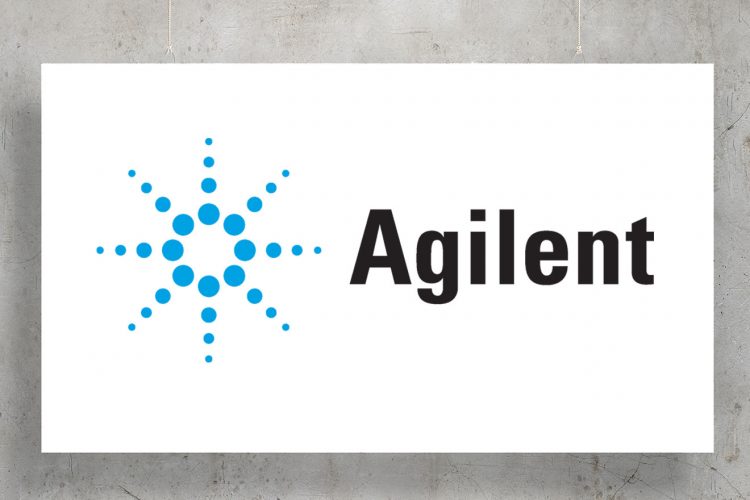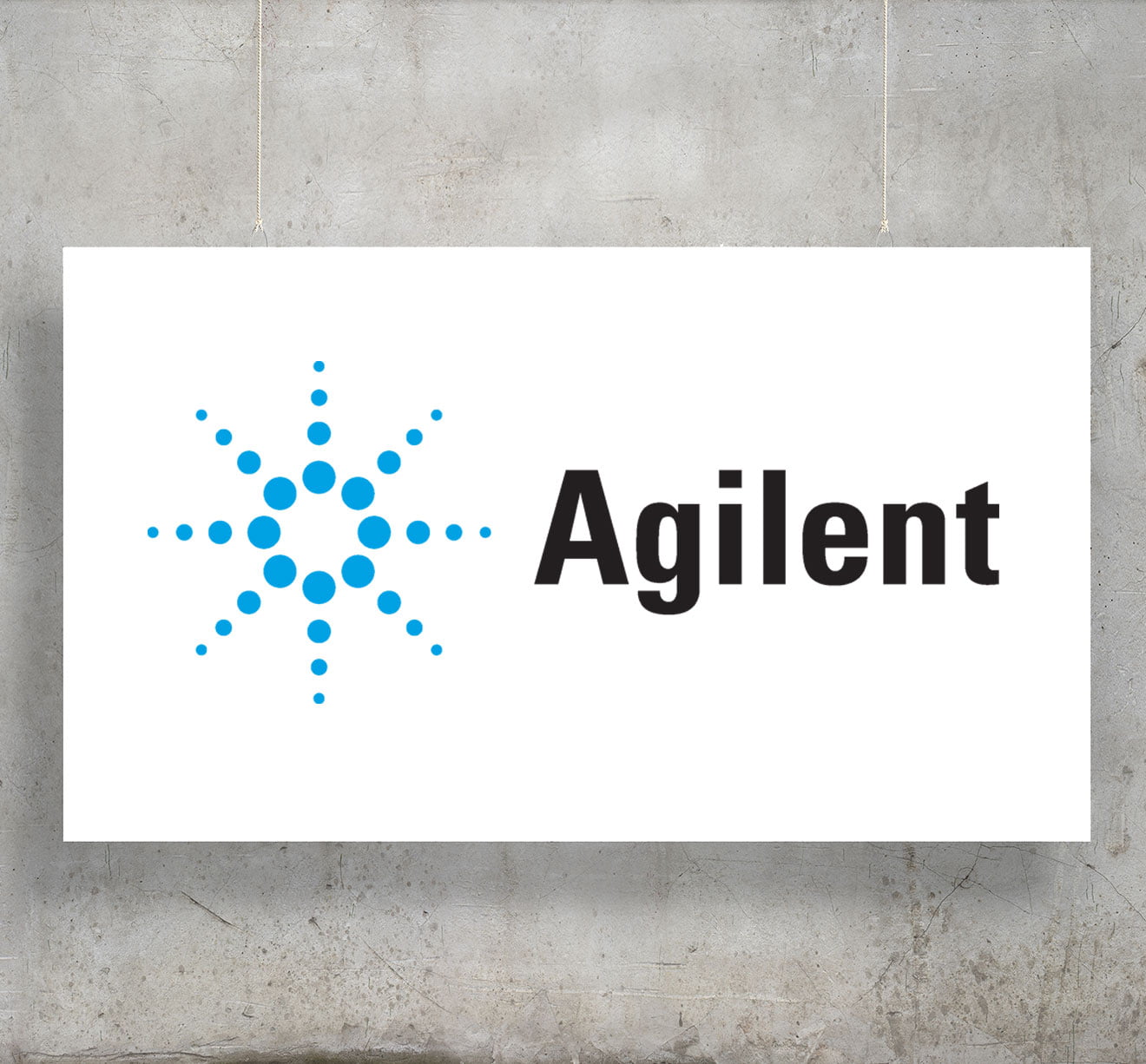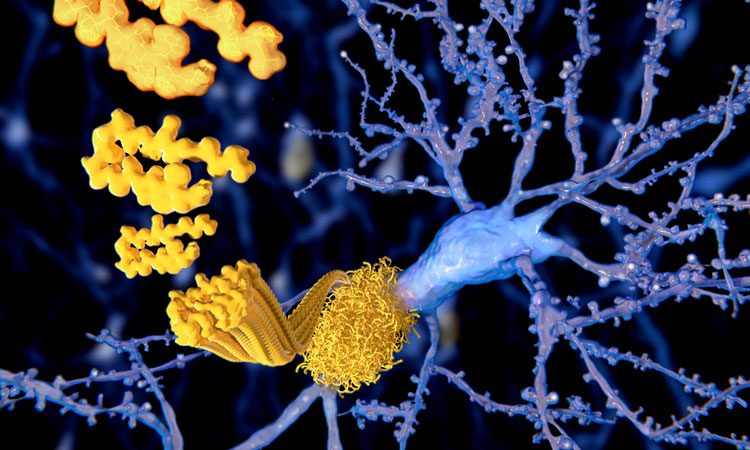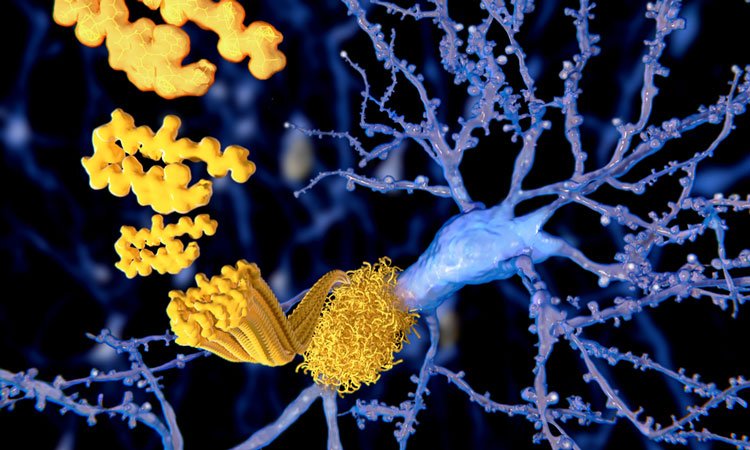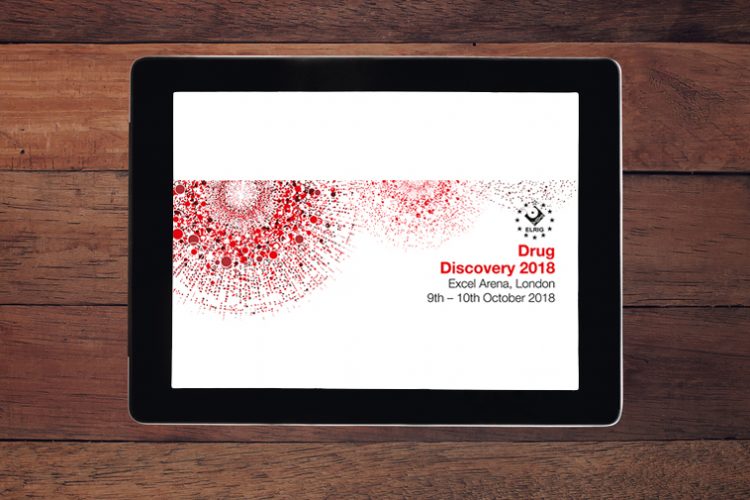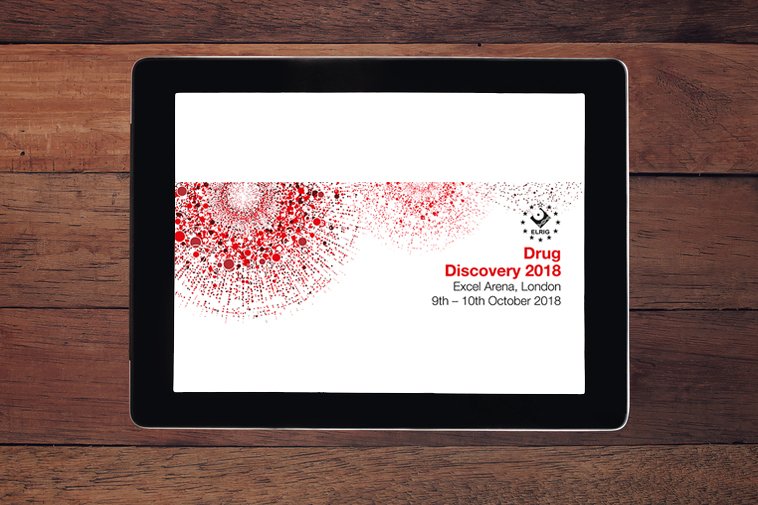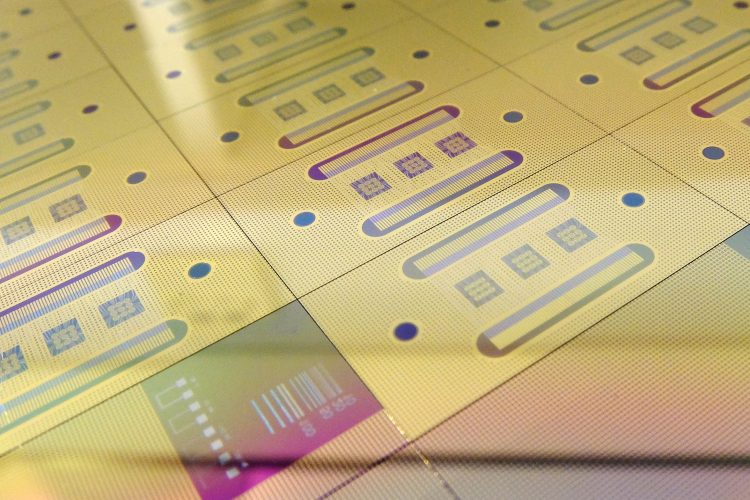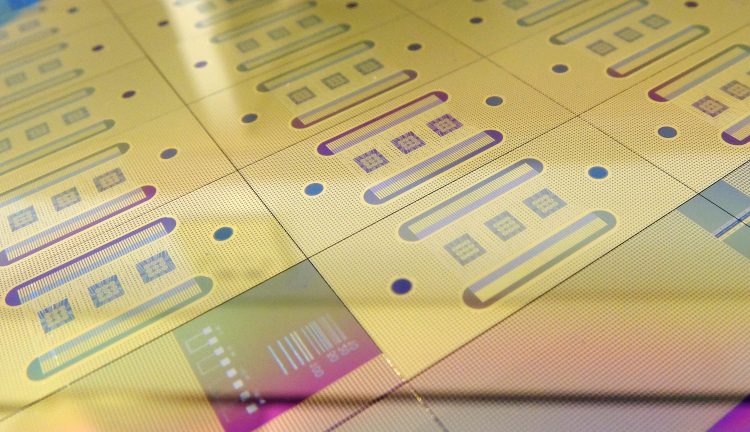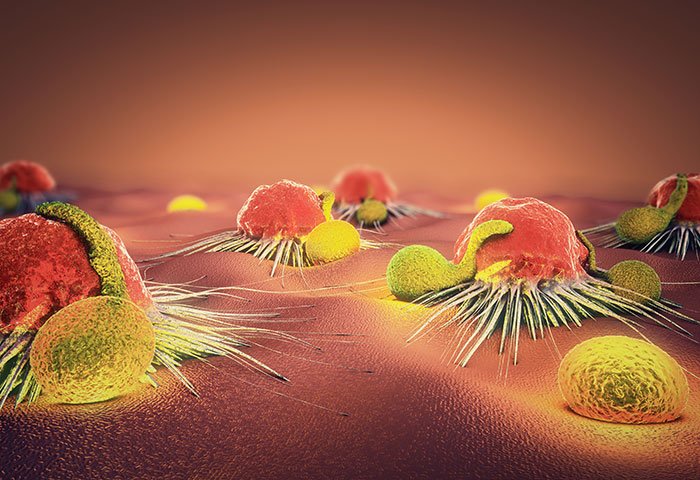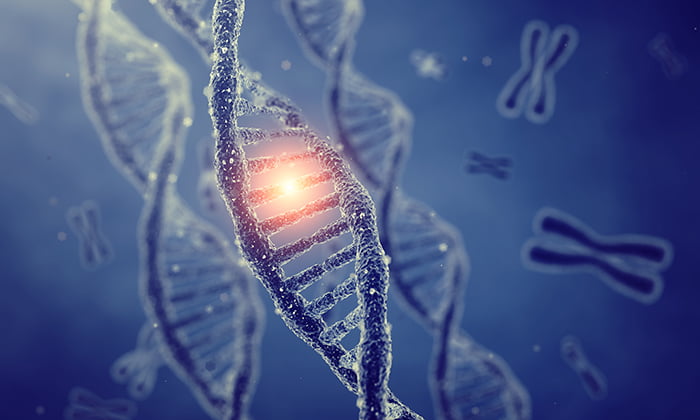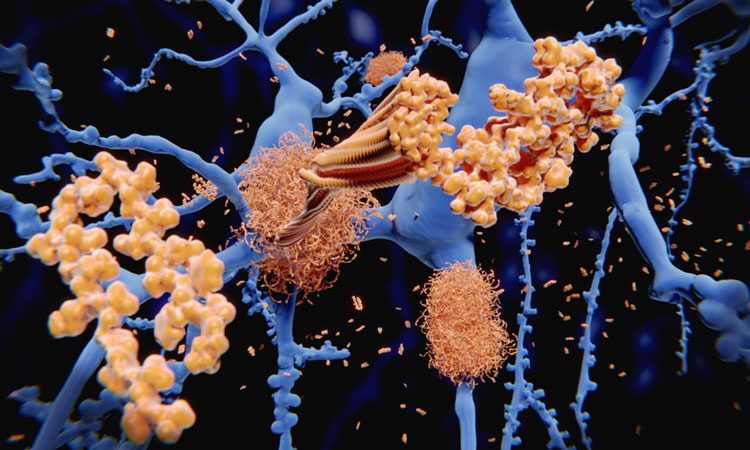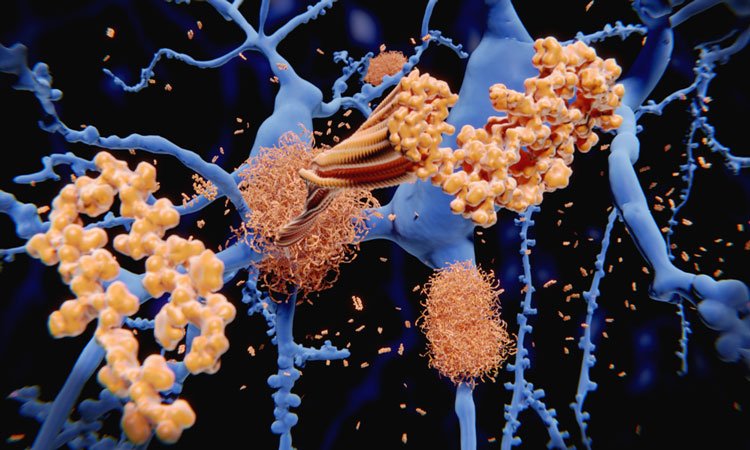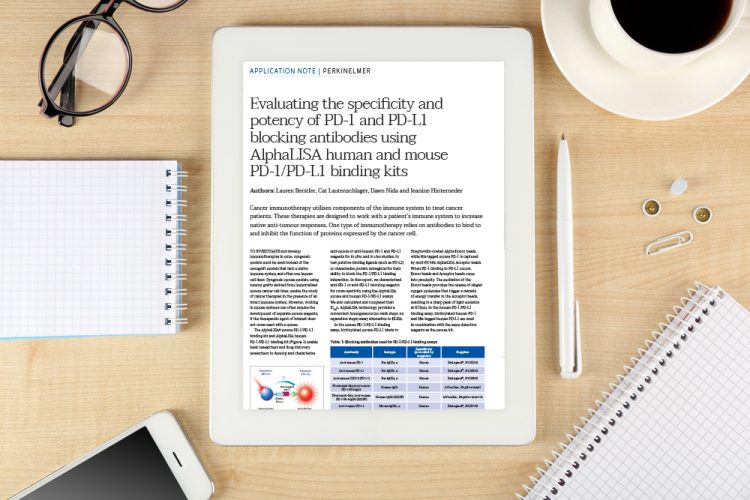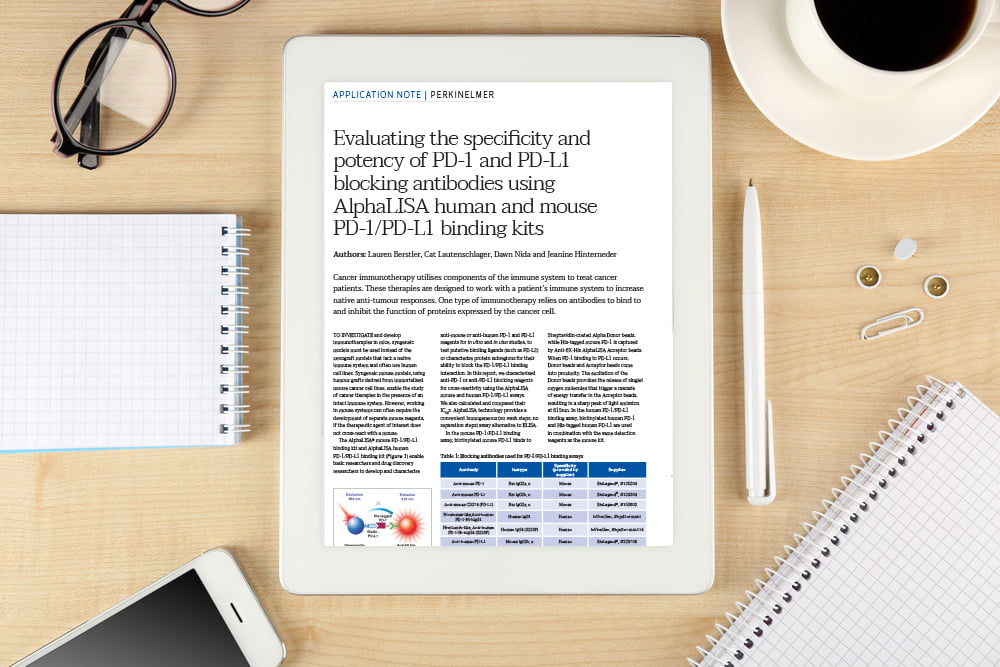List view / Grid view
Drug Discovery Processes
Amyloid beta – a good therapeutic target?
Phase III clinical trials for a drug targeting amyloid beta plaques are underway, with results expected in the next two to three years...
ELRIG UK Drug Discovery 2018 Event
ELRIG’s (European Laboratory Research & Innovation Group) Drug Discovery meeting, will take place at ExCeL, London, UK, located in the heart of the city, from 9 -10 October 2018...
Synthetic biology in drug discovery
Synthetic biology is broadly defined as the design and construction of novel artificial biological pathways, organisms or devices; or the redesign of existing natural biological systems.1 It brings together a range of disciplines and skills, from biology and chemistry to computing, bioinformatics and engineering.
Improved screening of therapeutic candidates using integrated fragment-based approaches
An integrated fragment-based approach, which reveals enzymatic inhibitors with potential therapeutic application, is the subject of this webinar.Taking place on 25 October 2018 at 3:00pm, the webinar is supported by NanoTemper Technologies.
Cell-based and biochemical high-throughput screening in 1536 well plates
This webinar shines a spotlight on cell-based and biochemical high-throughput screening in 1536 well plates. Supported by BMG LABTECH, the webinar will take place on 30 October at 4:00pm (GMT).
Expert view: Challenges in flow cytometry
Flow cytometry is a powerful and flexible technology that delivers high content information from single cells and particles. Flow cytometry lends itself to a wide variety of applications, but traditional flow cytometry technologies are not widely adopted in the drug discovery industry due to limited throughput, slow sampling speeds and…
Expert view: Unravelling the complexities of GABAA subunit selectivity in drug discovery
GABAA receptors represent a large and complicated family of ion channels that consist of at least 16 subunits (α1-6, β1-3, γ1-3, δ, ε, π, θ) that have been shown to be vital for the normal functioning of the brain. These inhibitory ligand-gated channels have been shown to beimportant in sedation,…
A new generation of pain relief
Researchers have developed a new generation of pain relief drugs that only target the affected area, with the help of computer simulations...
Expert view: Screen everything. See everything.
Explore the full kinetic and epitope diversity of large antibody libraries with high throughput Array SPR (Surface Plasmon Resonance).
Using bioactivity profiling to support the progression of phenotypic hits
This webinar, held on 28 June 2018, illustrated the optimisation of hits derived from a target-agnostic phenotypic screen, using a strategy based on combining bioactivity profiling and reference compound characterisation. Keynote speaker Arsenio Nueda, Head of Molecular Biology at Almirall, responded as follows to questions posed during the webinar.
Expert view: GMP proteins for therapeutic manufacturing: combining consistency, safety, and supply
Cell therapies offer revolutionary new approaches for treating humandisease. Most of these treatments use GMP cytokines and growthfactors for the differentiation, expansion, and maintenance of cells.It is critical that GMP protein suppliers offer the optimal combinationof consistency, safety, and stable supply chain.
Expert view: Assays to measure the potency of therapeutic antibodies used in combination with other drugs for Immuno‑Oncology treatments
Growing evidence reveals that using single immunotherapies to treat oncological disorders may lead to cancer-killing T-cell overdrive,initiating life-threatening autoimmune reactions including cytokinestorm; also known as hypercytokinemia or Cytokine Release Syndrome(CRS). Recently, checkpoint blockade using anti-programmed cell death1 (anti-PD-1) inhibitors became a prevalent approach for stimulatinganti-tumour immune system.
Tau protein disrupts molecular transport in neurons in Alzheimer’s
Researchers have discovered how the tau protein associated with Alzheimer's affects molecular transport and a nucleporin called Nup98...
Application Note: Evaluating the specificity and potency of PD-1 and PD-L1 blocking antibodies using AlphaLISA human and mouse PD-1/PD-L1 binding kits
Cancer immunotherapy utilises components of the immune system to treat cancer patients. These therapies are designed to work with a patient’s immune system to increase native anti-tumour responses. One type of immunotherapy relies on antibodies to bind to and inhibit the function of proteins expressed by the cancer cell...



